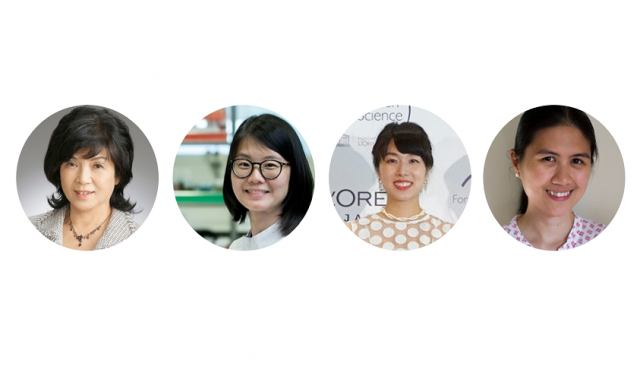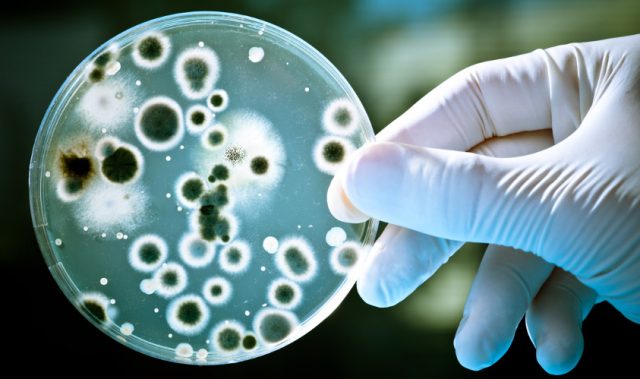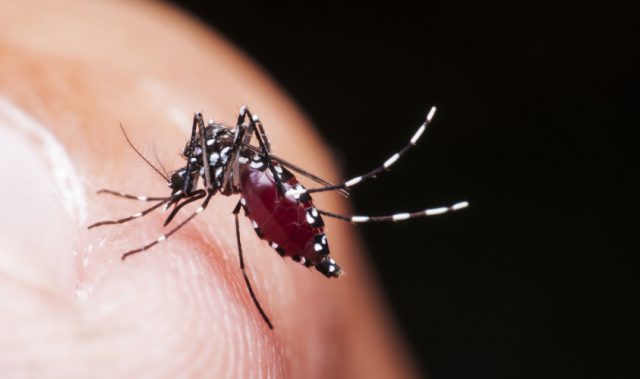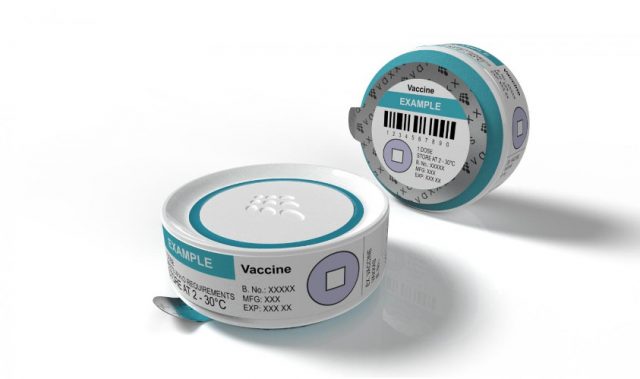
AsianScientist (Oct. 7, 2015) – Pathogenic bacteria in babies can be held at bay by a unique chemical reaction that occurs between breast milk and baby saliva, a University of Queensland (UQ) study has shown. UQ researchers, including neonatal care specialist Associate Professor Helen Liley, found that bacteria established in the mouth and intestines of babies have lifelong effects on health.
The research, published in PLOS ONE, was a collaboration with the Mater Mothers’ Hospital Neonatology Unit and the Queensland University of Technology Department of Microbiology.
“We knew for a long time that breast is best, but hadn’t demonstrated why before,” Liley said.
“This research discovered a previously unknown interaction–between milk and saliva, that appears to provide a unique mechanism in mammals that boosts early immunity.”
The saliva-breast milk interaction is thought to encourage the growth of commensal bacteria while inhibiting pathogenic bacteria at the same time.
In newborn babies’ saliva, the researchers found ten times more hypoxanthine and xanthine compared to adult saliva. These chemical compounds then reacts with xanthine oxidase in the milk to generate hydrogen peroxide. The presence of hydrogen peroxide inhibits the growth of pathogenic bacteria such as Staphylococcus and Salmonella.
In addition, baby’s saliva also has nucleobases and nucleosides present that encourage the growth of commensal bacteria, such as Lactobacillus.
Another positive aspect of breastfeeding is that it simultaneously stimulates the development of a baby’s digestive system. This finding, discovered by a team led by Professor Nick Shaw from the School of Pharmacy, was said to have critical implications for preterm, small and sick newborns.
“Babies who are fed by intubation (gastric tube to the stomach) bypass the milk-saliva interaction, so there should be consideration of this factor,” said Shaw.“There’s an also an important aspect for breastmilk banking.”
“Increasingly in hospitals, donated breast milk is given to preterm babies rather than using formula milk, but pasteurizing the breast milk removes the beneficial mechanism.”
The demonstrated milk-saliva mixing is short-lived, for about six weeks after birth, with an apparent function of encouraging healthy bacteria. It also involved research from UQ’s School of Veterinary Science, showing that saliva from cows, sheep, goats, horses, dogs, cats and even a camel shared the anti-bacterial function.
The article can be found at: Al-Shehri et al. (2015) Breastmilk-Saliva Interactions Boost Innate Immunity by Regulating the Oral Microbiome in Early Infancy.
———
Source: University of Queensland.
Disclaimer: This article does not necessarily reflect the views of AsianScientist or its staff.












